The UN has released a damning report predicting one million of the world's plant and animal species are now under threat of extinction, but Australian experts say while the situation is grim, there’s still some time to act.
According to the biggest-ever review of the state of nature on earth, around 10 per cent of insects, more than 30 per cent of corals and marine mammals, and more than 40 per cent of amphibians face extinction.
In Australia, three native species have become extinct in the past decade and scientists say 17 more could be wiped out in the next 20 years.
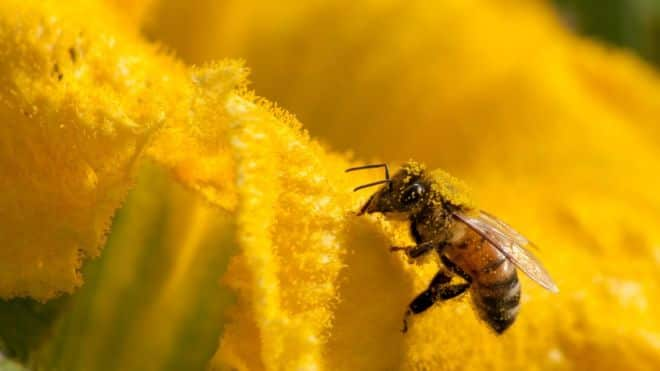
Certain insects, for example, are crucial for pollination, and without them, humans cannot survive - meaning widespread nature loss can have a major impact on human life.
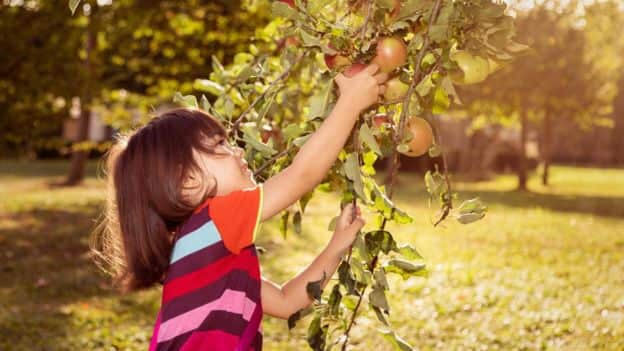
Nature Conservancy's Australian director Rich Gilmore told SBS News there was still time to turn it around.
Mr Gilmore said there were many things people can do at home, at work and at school to make a big difference.
“The biggest opportunity that people have is to think about the things they buy and how they dispose of those things,” he said.
“Something like one third of all food that is consumed in Australia is wasted and that means that we are overproducing food and using more land and water and native habitat to grow the food that we buy than we need to.
“Make sure you take every step you can to not waste that food.”
Mr Gilmore said people should also try to mostly buy regional and unprocessed food, and eat less red meat in particular.
He said consumers should avoid single use plastics when they buy food, and use fabric shopping bags instead.
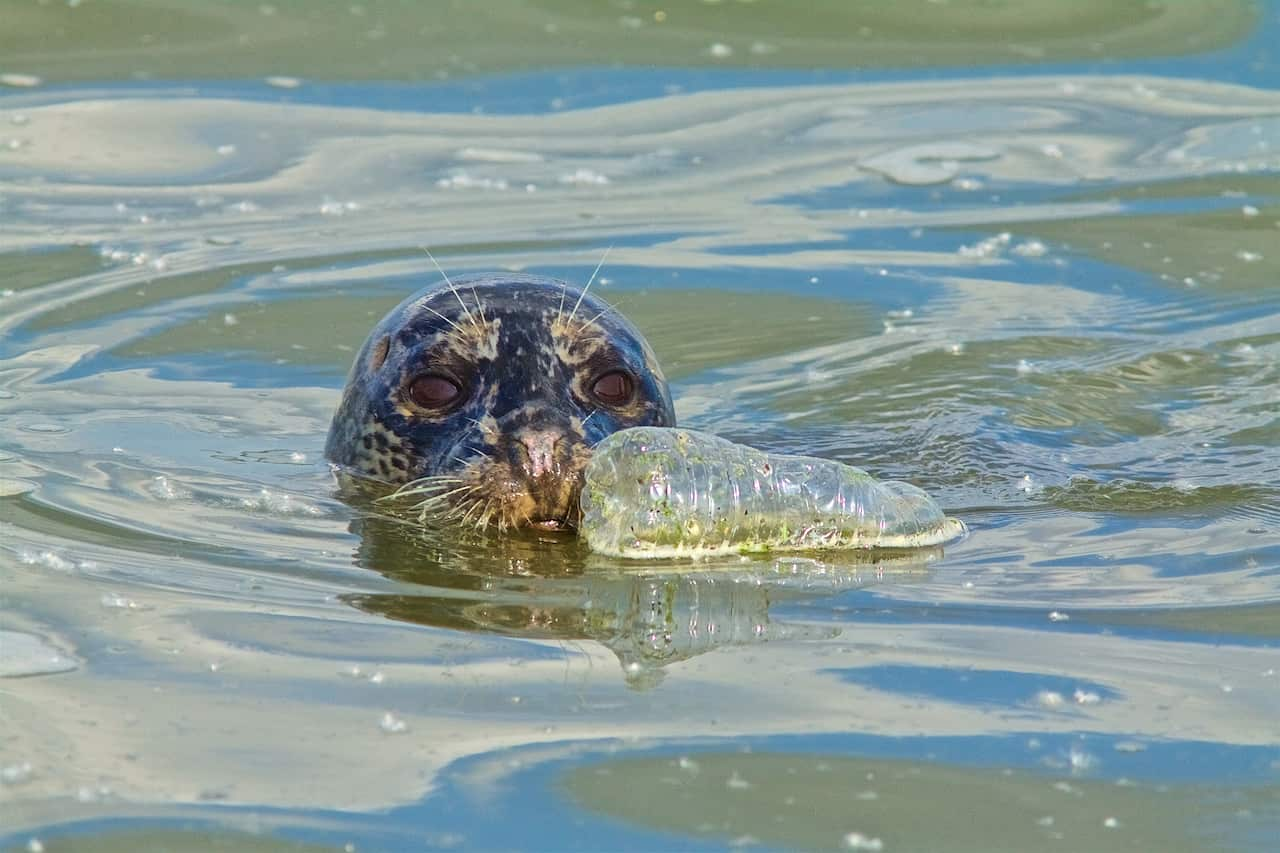
“Once you are finished with your goods, absolutely avoid single use plastics, we know that marine pollution is a hugely important issue,” he said.
Recycling, and if possible, composting was also a good idea, and many city councils offer discounts on composting bins and worm farms for food scraps.
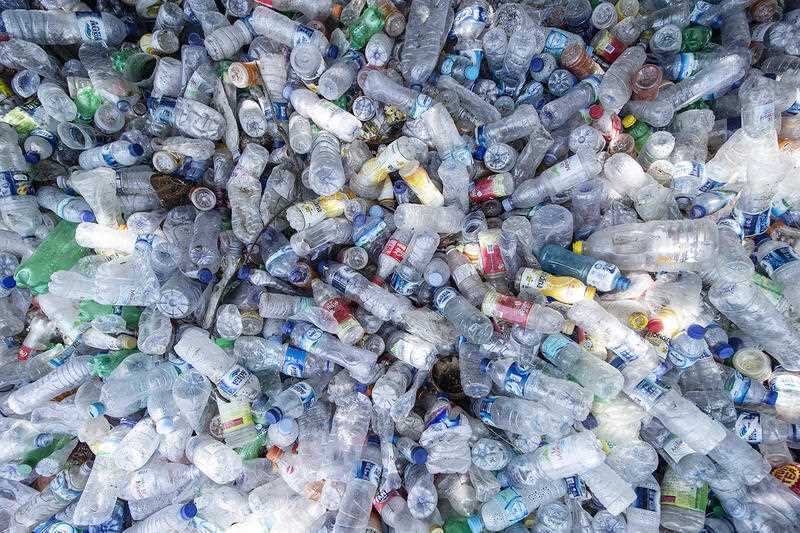
The conservationist said these simple steps should reduce the pressure on our land and on many native species tremendously.
The report was three years in the making and was based on reviews of 15,000 scientific and government sources
Situation in Australia
Australia has huge numbers of native plants and species - it’s estimated around 600,000 species are endemic, but scientists said they knew of and described less than a quarter of them.
“In Australia the story is very grim; there are 2000 species that are already threatened with extinction, and it has one of the worst records, globally, for mammal extinction," according to Mr Gilmore.
Koalas are among the mammals that could disappear from the earth due to habitat loss – the vast amount of eucalyptus forests they need to live, have disappeared or shrunk in many areas.
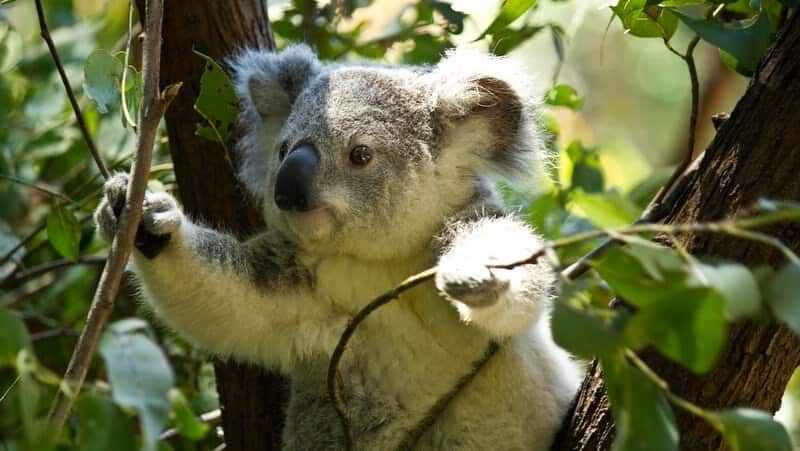
The Conservation Science Manager at the World Wildlife Fund in Australia Dr Martin Taylor told SBS News koalas are expected to die out by about 2050 if people don’t act.
“We are looking at an animal that should be common, it should be everywhere but its population is plummeting mostly due to the bulldozing of habitat, disease, and the degradation of habitat; koalas have to cross roads, come into contact with dogs and that’s where they die,” Dr Taylor said.
A big problem in Australia is deforestation, particularly to make way for cattle farming.

But farming, in general, is also a factor.
Professor of Environmental Science at the ANU Saul Cunningham told SBS News that a number of things contribute to the massive loss of habitat.
"[The problem] is land use, the way we choose to use our land, and most land used by humans is in agriculture," he said.
"As we develop agriculture and intensify it in areas we’ve been doing it for hundreds of years, will have all sort of effect on the biodiversity in the landscape.
"There’s the loss of biodiversity when conversion from habitat to farmland happened, Introduction of new species into the landscape, use of chemicals in farming and so on.”
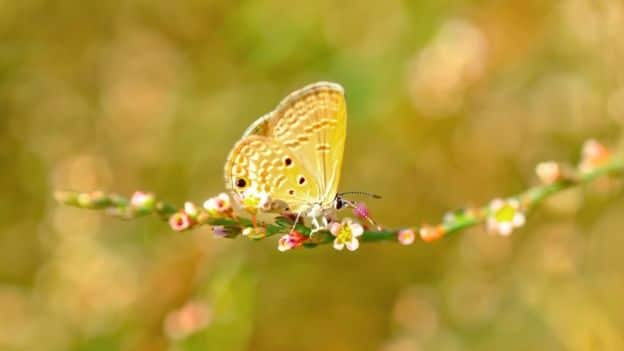
WWF's Dr Taylor said it's time to act.
“What alarms us is the massive inaction, so we call for action to stop the degradation of the earth on which we depend.”
The study's authors did not tell governments what to do, but gave them some hints, including moving away from consumption or GDP as a measure of wealth and focus on the quality of life and long-term sustainable development.

